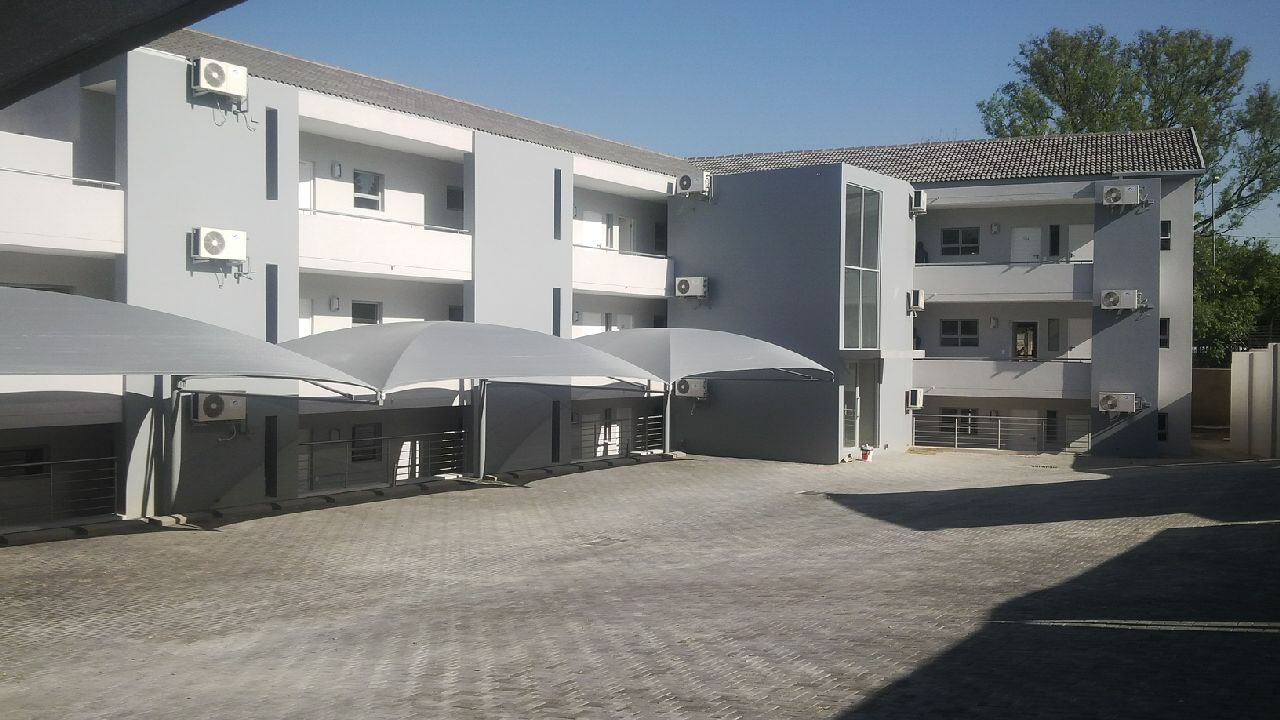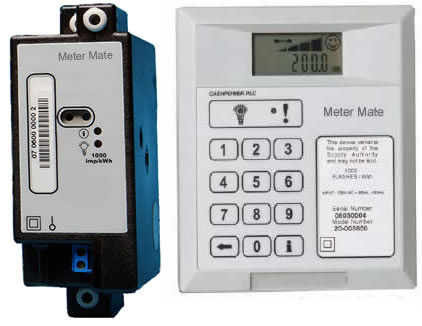 The Farmyard Offices, Mountain Honey Estate, 74 Sterkfontein avenue, Doornkloof, Pretoria, Gauteng, South Africa
The Farmyard Offices, Mountain Honey Estate, 74 Sterkfontein avenue, Doornkloof, Pretoria, Gauteng, South Africa enquiries@oneenergy.co.za
enquiries@oneenergy.co.za 0861 4328 464 or 0861 HEATING
0861 4328 464 or 0861 HEATING


Each geyser has 2 vacuum breakers one safety valve and the cold water feed is through a pressure reducing valve which has a “Y” strainer. All of these are potential failure points which may require attention. The average life span of a domestic geyser is 5-7 years.
Each heat pump needs to be serviced annually.
The bulk hot water tanks are long lasting with a life expectancy of 20+ years.
They have only 2 valves and two circulation pumps that could require attention.
Periodic maintenance is required on the tank which comprises an inspection every two years to check the condition of the inside coating for possible blemishes which could develop into corrosion points.
Heat pumps require servicing on an annual basis but the initial service should be done not more than six months after installation.
20 x 150L geyser installed price * ± R 5 000 = R100 000
20 x 3Kw heat pump/Solar panels ± R15 000 = R300 000
Total price R400 000
Bulk system 1 x 2500L Storage vessel with a 38Kw heat pump cost including installation is approximately R200 000
add another R 100 000 for ring main plumbing to be done by plumbing contractor and the cost is still way under the individual unit total.
Each 150L geyser requires a 3kW element so the total potential load of the 20 flats is 60kW.
The electrical load of a 38kW heat pump is 9.5kW.
The saving on the total load demand is 50.5kW.
The actual hot water generation savings work out to about 70% of the cost of using multiple domestic electric geysers.
Heat losses of the single bulk tank are considerably less than on the 20 domestic geysers. The surface area of the single vessel is much less than the 20 domestic geysers and a large body of hot water stays hotter longer.
If a ring main is used additional heat losses are incurred but it is important to insulate the pipes with good quality insulation.
Running times of the ring main pump can be limited by installing a timer which can be programmed to suit the usage times required.
The losses in the ring main are partly offset by the water savings achieved by not having to run off many litres of cold water in the pipes before getting the hot water.
For new buildings many clients are opting for “Smart Metering”.
When this is used a meter is fitted on the hot water supply and cold water supply to each flat. Each flat also has an electricity meter.
The monthly account for the client bills him for all three of these and his flat rental.
This gives the landlord control over payments for services as the power can be switched off in cases of non payment.
